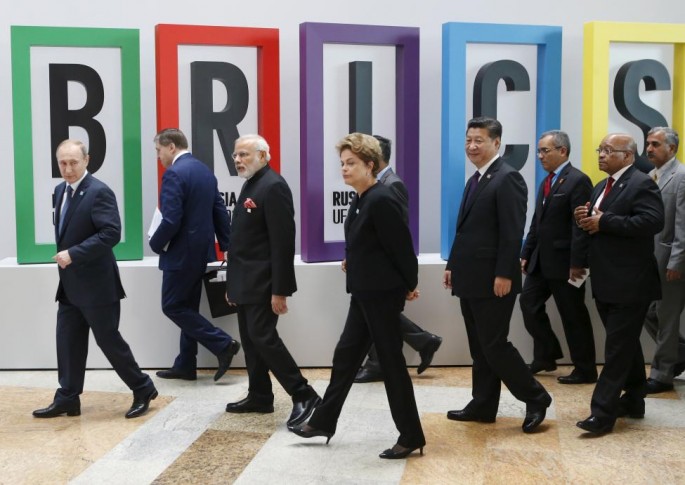Following two international meetings in the Russian city of Ufa, China called on emerging economies and developing countries to accept new opportunities for further development.
Chinese Foreign Minister Wang Yi highlighted the importance of cooperation within the two international platforms, namely, the Brazil, Russia, India, China, South Africa (BRICS) summit and the Shanghai Cooperation Organization (SCO) summit.
According to Wang, the recently concluded meetings show China's constructive role as an emerging power.
China's strategic mutual trust with relevant countries have also improved.
The presence of pivotal leaders such as President Xi Jinping symbolizes the nations' commitment to further unity, in-depth development and the Belt and Road initiatives.
The status of BRICS nations in international affairs has progressed since the launching of the framework in 2009, but Wang admits that there are still challenges to face, such as the consequences of a less dynamic world economy and doubts over the long-term success of BRICS cooperation.
The annual summits provide a chance for the countries to reaffirm common goals and foster a strong momentum for multilateral collaboration, Wang shared.
In the case of the SCO, the latter has entered an essential phase of improvement amid the complex and ever-changing international landscape.
President Xi Jinping on Friday addressed the summit and urged member states to uphold the "Shanghai Spirit," boost regional security, explore potential for BRICS interaction, solidify friendship, and maintain openness within the bloc.
Member states approved the SCO development strategy, which sets certain targets and concrete tasks that will take place in the next 10 years.
Due to a recent resolution ratified by SCO nations, India and Pakistan are beginning the process of initiation as full members of the organization.
In addition, Belarus has been elevated to the status of observer, while Azerbaijan, Armenia, Cambodia and Nepal have been accepted as dialogue partners.



























